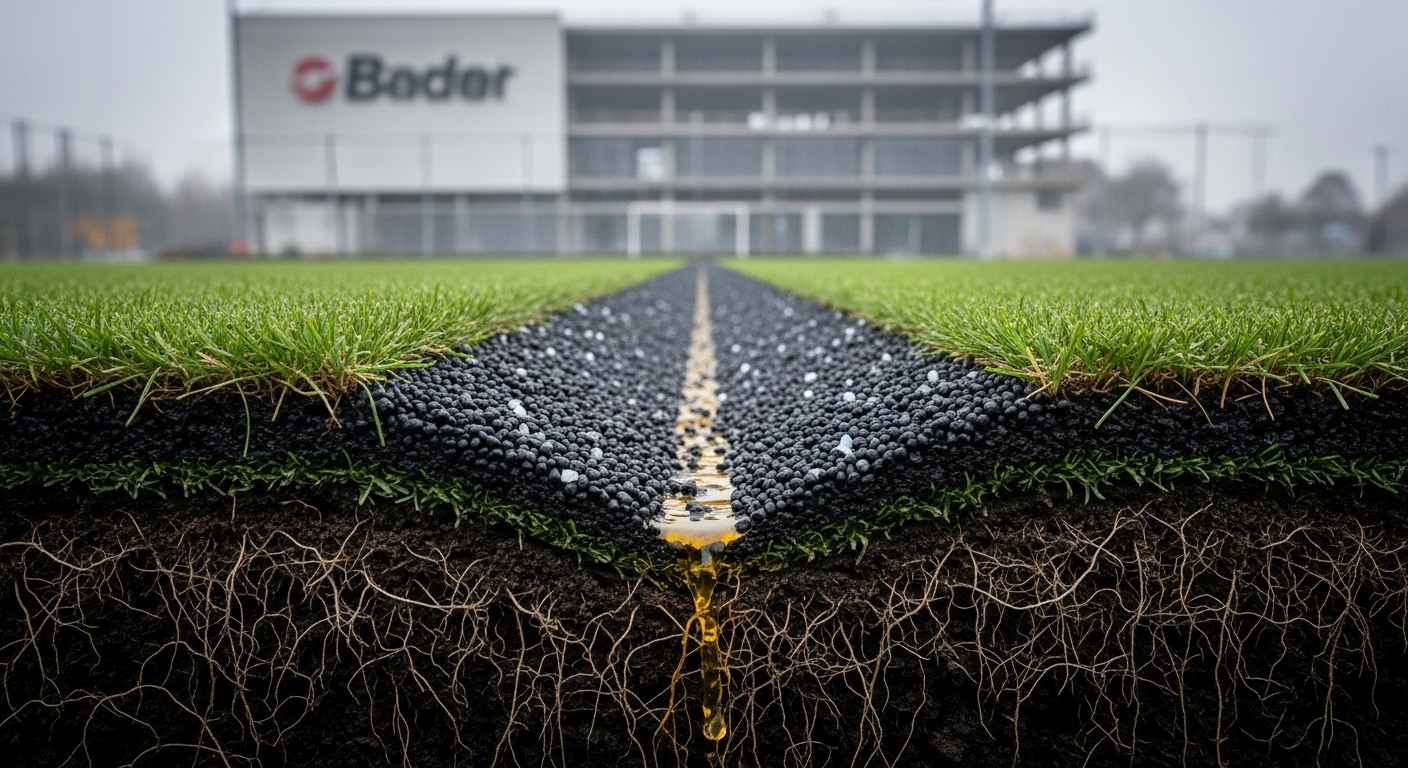

Composting rice is an eco-friendly practice that transforms kitchen waste into valuable soil nutrients. This sustainable method not only minimizes food waste but also enriches garden soil, making it a win-win for both the environment and your plants. Imagine turning those leftover grains into a nutrient-rich compost that boosts your garden’s health.
With the right techniques, composting rice can be simple and rewarding, allowing you to contribute positively to the ecosystem while enhancing your gardening efforts. Embrace this green practice and watch your garden thrive!
Grasping the fundamentals of rice composting allows us to reduce waste actively, contribute to the ecosystem, and nurture our gardens organically. The process involves the natural decomposition of leftover rice, triggered and sustained by environmental factors like oxygen, heat, and humidity, which encourage microbial activity.

Rice composting is a method of recycling leftover rice and turning it into valuable nutrient-rich soil. This process involves deliberate decomposition under controlled conditions, where microbes break down the organic matter in an environment rich in oxygen, heat, and humidity. Not only does rice composting allow us to dispose of unwanted rice waste responsibly, but it also contributes significantly to sustainable living.
With composted rice serving as a rich source of nutritional elements for soil enrichment, it provides an impressive organic alternative to synthetic fertilizers. These nutrients fuel plant growth magnificently while improving soil structure.
Rice composting is an effective method to recycle leftover rice, whether cooked or uncooked, into nutrient-rich soil. This practice not only reduces food waste but also enhances soil health, making it beneficial for sustainable gardening. By composting rice, gardeners can improve the microbial activity in their compost piles, leading to healthier plants and better crop yields.
Here are some key benefits of rice composting:
A lot of people seem surprised when they hear you can compost rice. Yes, you heard that right! Rice composting is a thing and it’s super easy to do. Let me guide you through an easy-peasy, step-by-step process on how to do home composting with rice, and also highlight common mistakes beginners often make in this journey.
Composting rice, whether cooked or uncooked, can be beneficial for enriching your soil, but it requires careful management to avoid issues like clumping and pest attraction.
Here’s a step-by-step guide on how to effectively compost rice:
When composting rice, several common mistakes can hinder the process and lead to undesirable outcomes. Being aware of these pitfalls can help ensure a successful composting experience.
Here are the key mistakes to avoid:
Fine-tuning these factors will make your rice composting process more effective and rewarding! Remember, every contribution, no matter how small, counts when it comes to sustainable living practices.
Successful rice composting is influenced by several key factors that ensure effective decomposition and prevent common issues such as pest attraction and odors.

Here are the primary factors to consider:
By paying attention to these factors, you can optimize your rice composting efforts, leading to a rich and healthy compost for your garden.
When considering types of rice for composting, both cooked and uncooked varieties can be used, but they each have unique characteristics that affect the composting process. Here’s a breakdown of the different types of rice suitable for composting:
It’s essential when adding any kind of rice into your compose that you mix it well with various other green forms of waste such as vegetable scraps which provide nitrogen – this ensures balanced nutrition for those microorganisms doing all hard work within your heap!
Composting isn’t a one-size-fits-all task—especially when it involves specific materials like cooked or uncooked rice! Let me give you a look into how weather and environmental conditions can significantly influence your home composting project.
When delving into the world of rice composting, it’s important to understand what’s happening inside your compost bin. The process isn’t simply a matter of leaving your rice waste and hoping for the best. Rather, two critical elements play significant roles – microorganisms and the balance between green and brown materials.

Microorganisms act as the primary agents in decomposing your rice waste. Various types of bacteria, fungi, and other minute creatures break down organic matter like leftover rice into nutrient-rich compost. Here’s how they do it:
Understanding these critters is crucial since providing them a healthy environment translates into a successful rice composting process.
While venturing through your rice composting journey, you’ll encounter terms such as ‘greens’ and ‘browns’. These aren’t literal colour references but signify different types of waste you include in your compost bin:
Achieving balance between greens (high-nitrogen) & browns (high-carbon) is downright crucial during the compositing process:
A common rule of thumb is to use a 2:1 ratio, i.e., for every bin-full of greens you add, throw in two of browns! This balance provides microorganisms with an optimal environment to thrive while breaking down your rice waste efficiently.
Absolutely! You can compost both cooked and uncooked rice. However, keep an eye out as uncooked rice may take a longer time to break down.
Not necessarily. Although rice is denser than many other compostable materials, when properly balanced with “brown” and “green” material, it should not significantly slow down the process.
The decomposing time varies based on conditions like moisture and temperature but generally, in optimal conditions, it should take about 1-2 months for the rice to decompose fully.
Rice composting is an effective and sustainable practice that contributes to waste reduction and soil enrichment. It sounds like a simple yet impactful solution for managing kitchen waste, turning both cooked and uncooked rice into valuable compost. This process not only helps in minimizing landfill contributions but also enhances the nutrient content of garden soil, promoting healthier plant growth.
By understanding the balance of materials and maintaining optimal conditions, anyone can successfully integrate rice composting into their sustainable living practices. Ultimately, embracing this eco-friendly approach fosters a healthier environment for all.
